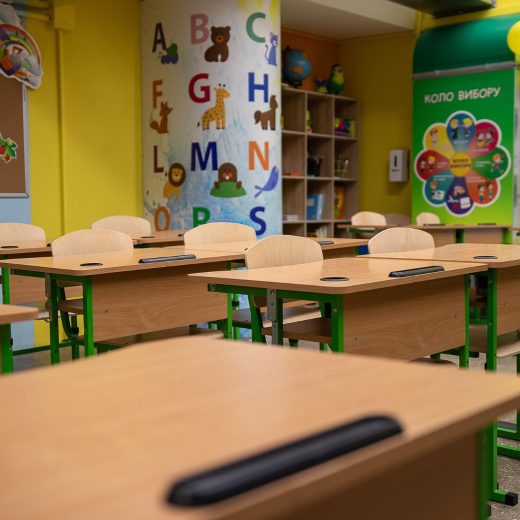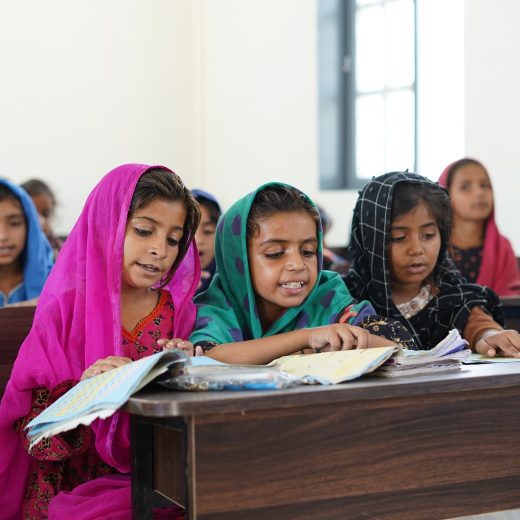Education remains out of reach for many About 272 million children – one in five worldwide – do not attend school. This number rose by 50 million in just two years.
These days, many children are starting the new school year full of anticipation – but around the world, millions of children, especially in disadvantaged regions, are losing access to education, partly due to drastic cuts in development cooperation. Our education expert Valeria Kunz explains why this is happening and what we are doing about it.
Cuts to education funding
First day of school? Not for everyone.
Education brings hope
Surprisingly, the Swiss Federal Council has also cut funding, with grave consequences. 1.6 million children are missing out on the chance to attend school – that’s more than the number of all school-age children in Switzerland. The effects of education are well documented: in the last 40 years it has facilitated about half of the world’s economic growth and decreased extreme poverty by 40%.
“Making cuts to education is definitely the wrong approach,” says Valeria Kunz, Head of Education at Save the Children Switzerland. Schools are often much more than just places of learning. “Education gives children stability and opportunities. They can spend time with their peers, play, dream – they can simply be children.”

Girls are among the worst affected
Peer Education Programme
This is where our project comes in, helping girls teach other girls. Through this programme, 2760 girls have learnt to read and write. Some of the girls were later employed as teachers, while others now help in the family business since they are the best in their family at reading and maths.
«I remember a father, who was so proud of his daughter, saying to me how much he appreciated the education programme. Seeing how our project brings sustainable improvement to the lives of girls and their families shows the power of education.»

Education cannot wait
Stand up for children’s rights: when you sign the petition calling for basic education to remain part of Swiss developmental aid programmes, you’re helping 1.6 million children continue to learn.
Creating opportunities
Education is a children’s right as well as one of our core topics. Our projects ensure access to education for children in crisis situations and beyond.
The numbers for our education work in 2024:
- 12 international educational projects
- More than 65,000 children supported
- Training for over 5,000 mothers, fathers and teachers
- Active in Albania, Bangladesh, Burkina Faso, Kosovo, Lebanon, the occupied Palestinian Territory, Syria, Türkiye and Ukraine
